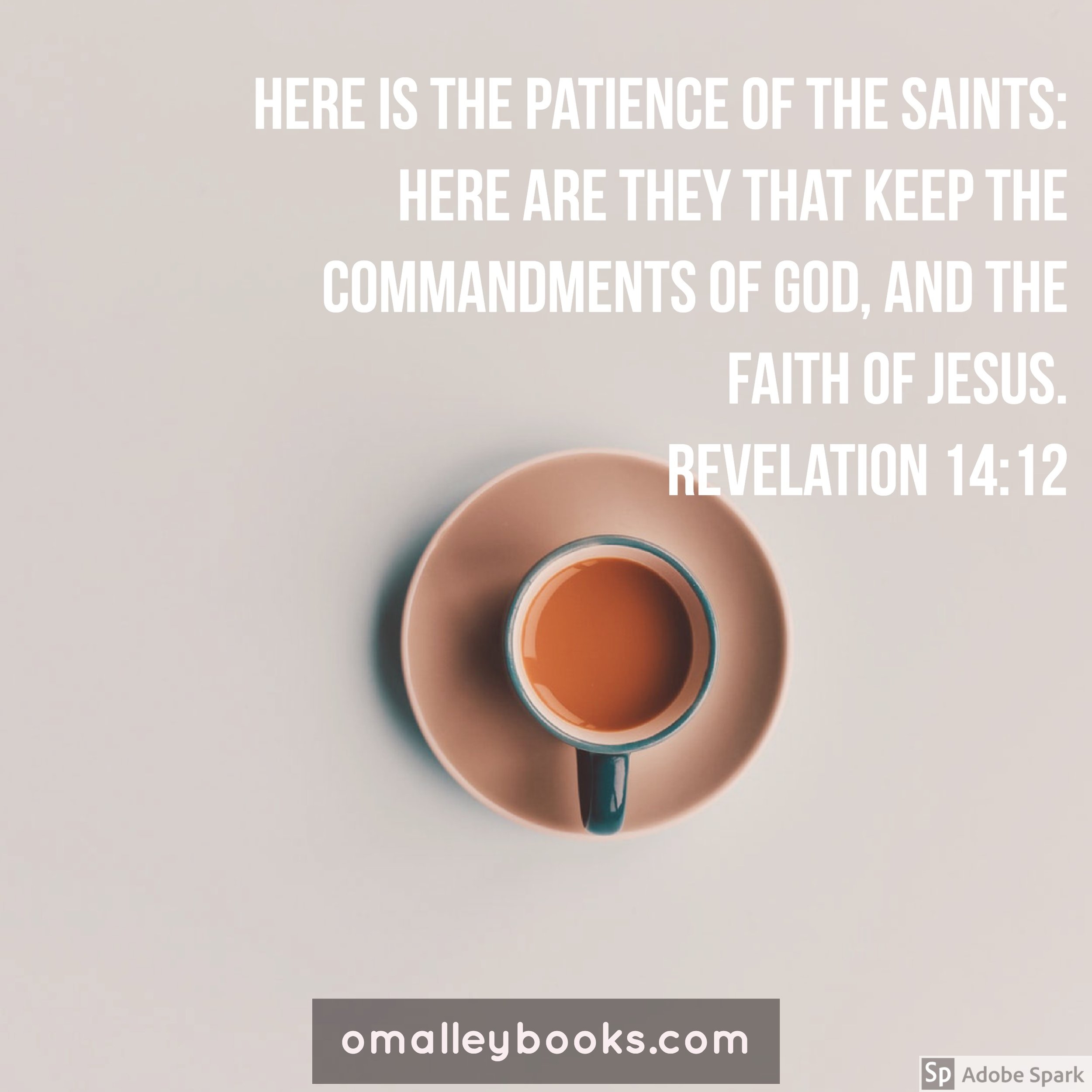Exodus 17:6 Behold, I will stand before thee there upon the rock in Horeb; and thou shalt smite the rock, and there shall come water out of it, that the people may drink. And Moses did so in the sight of the elders of Israel.
When I was a boy, our family lived in both Utah and Colorado. I remember as a family we went to the desert to explore. These memories are special to me.
These journeys to the desert and wilderness allowed us time to explore and relax. I remember finding rock formations that beckoned us to climb to the summit. We would choose one. We climbed up to get to the top of the rock. In our minds, we felt that if we were on top of the rock, we could conquer anything.
Summiting these high places changed my siblings and my perspective; we saw things differently. Climbing to the top of the rock changed the perception of ourselves; we felt stronger. Standing on the rock brought me closer to my sibling; we felt closer.
In our topic verse this day, the Lord has just told Moses he was going to get water for a thirsty murmuring people. These thirsty people were ready to stone Moses. Yet God was ready to stand by Moses. Moses was simply carrying out what God wanted him to do. God was not going to allow one of His leaders to be hung out to dry by a rebellious people. He was going to stand on the rock with Moses.
Moses knew this clearly; he was not going to a place of ministry by himself. He was going to a place where God would be standing on the rock towering over him.
Standing on the rock with God changed Moses’ perspective on the situation. Ascending to the top of the rock changed Moses’ perception of himself. But the greatest effect had to be this: standing on the rock with God changed his partnership with God. He was closer to Him.
Have you felt burdened in your place of ministry? If you are where God sent you, He is upon the rock. Serve Him with this confidence. When you are standing on the rock with God, you are in His presence. You have access to His power. You have His protection.




















